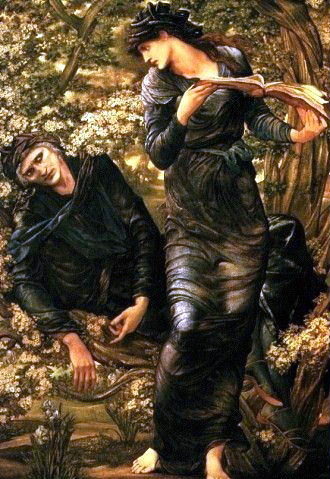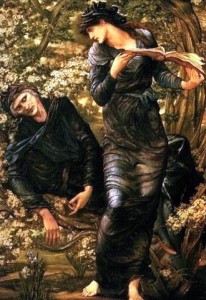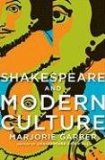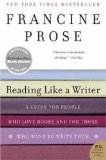Social networking can be a great vehicle for artists to get closer to their fans. The glimpse into the lives of artists as people and to possibly even interact with those artists are important reasons why I think so many people follow celebrities on Twitter (full disclosure, I follow Brent Spiner, LeVar Burton, Wil Wheaton, Michael Ian Black, John Hodgman, Joe Hill, and Neil Gaiman on Twitter). Of course, I this sort of transparency is probably not a good thing if those glimpses into the lives of artists reveal them to be, well, jerks.
Gawker posted a story about writer Alice Hoffman, who was enraged by a lukewarm review of her work by Roberta Silman in The Boston Globe. It was reminicent of when Anne Rice freaked out on Amazon reviewers. Listen, as a writer myself, I know it doesn’t feel good for someone to criticize your work, but it’s going to happen. Not everyone is going to like everything you write. They just won’t. I cannot for the life of me figure out why Amazon reviewers rated Alice Hoffman’s book Blackbird House so highly. I really didn’t like it. To be honest, in terms of a more critical and accurate rating, I think the Goodreads rating is probably closer. I gave the novel three stars on Goodreads. The current ratings for the book at Amazon and Goodreads vary by approximately one star. File that information away for next time you get a book based on good Amazon reviews and find yourself disappointed (check Goodreads!).
What’s ridiculous about Hoffman’s infantile tirade is that she’s been writing for long enough that she should know criticism comes with the territory, which also means that not every review is going to be glowing. In fact, some might even be bad. The sad thing for Hoffman is seeing her public reaction will likely turn some readers off her works. I already didn’t like the one book I read, but I wouldn’t have ruled out reading another book. You know what though? I have now. She showed absolutely no class. If, as she claims, she was truly just disappointed that the reviewer gave away too much of the plot, then why not take the high road and say something like “Disappointed that Roberta Silman spoiled too much the plot in her review” and leave it at that? And cloaking her bad behavior under the guise of defending herself or feminism was just sad. I have no desire to support someone who acts like that with my purchases or even my patronage of her books in the library. She learned a tough lesson: anything that goes on the Web can’t really be deleted.
Update: Alice Hoffman issued what is, in my opinion, a weak apology for her Twitter rant. Anytime someone starts out by saying “I feel this whole situation has been completely blown out of proportion,” well, anything that follows just sounds insincere.
Second Update: If you want to see Alice Hoffman’s entire “Twitter meltdown,” download this PDF (Thanks, Steve!).

 Yet again, it seems that King Arthur has become inspiration for a new work. The BBC ran the series
Yet again, it seems that King Arthur has become inspiration for a new work. The BBC ran the series 


